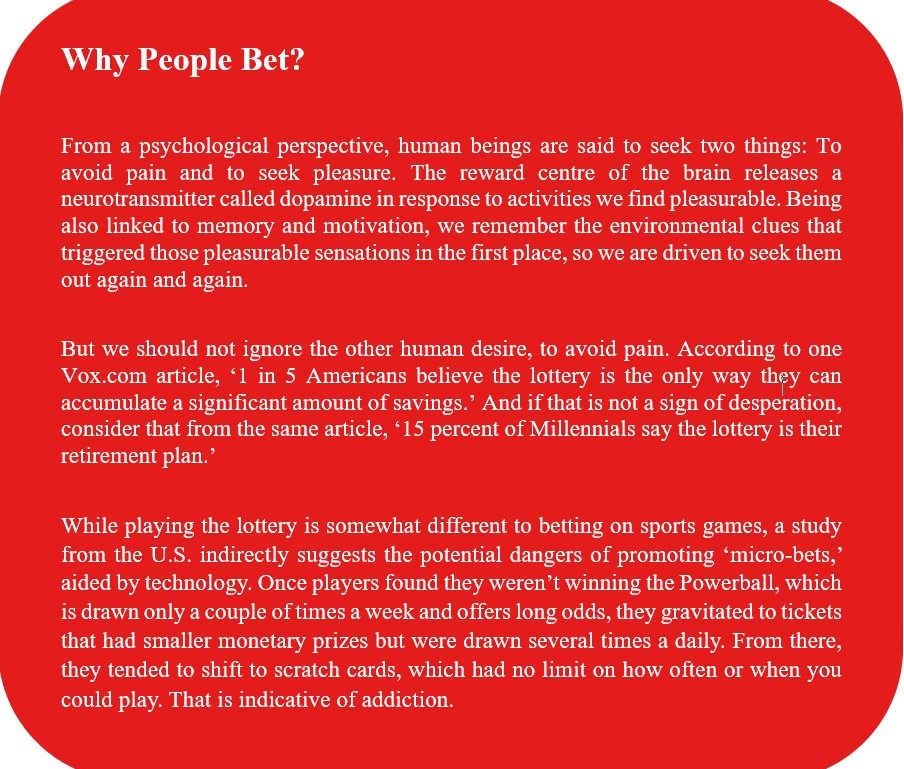by | Liz Alexander, PhD Futurist, Author, Consultant, Speaker
Dr. Liz Alexander has been named one of the world’s top female futurists. She combines futures thinking with over 30 years’ communications expertise to produce publications that showcase the advice of fellow futurists on issues, including the future of education and how businesses can practically benefit from working with the futures community.
Dr. Liz is the author/co-author of 22 non-fiction books published worldwide that have reached a million global readers. She has contributed to leading US technology magazine Fast Company and also Psychology Today, and her work has been featured in journals such as Knowledge Futures and World Futures Review. She earned her PhD in Educational Psychology at the University of Texas, Austin.
Dr. Liz Alexander has been named one of the world’s top female futurists. She combines futures thinking with over 30 years’ communications expertise to produce publications that showcase the advice of fellow futurists on issues, including the future of education and how businesses can practically benefit from working with the futures community. Dr. Liz is the author/co-author of 22 non-fiction books published worldwide that have reached a million global readers. She has contributed to leading US technology magazine Fast Company and also Psychology Today, and her work has been featured in journals such as Knowledge Futures and World Futures Review. She earned her PhD in Educational Psychology at the University of Texas, Austin.
Are the economic benefits worth it?
As a child I watched my Scottish grandfather filling in the Littlewoods Pools coupons every week, marking the columns alongside Saturday’s football matches with 1, 2 or X to signify whether he thought the result would be a home win, an away win, or a draw. I imagined he must have gotten some pleasure out of doing this because, as far as I remember, he never seemed to win. In adulthood, I saw people in Las Vegas (a place I loathe but which has always been popular with US conference organisers, sadly), who would slot coins or worse, their credit cards into machines, pull the levers robotically and stare at the rolling reels without blinking. I do not know why, but gambling in all its forms has never appealed to me. That includes buying lottery tickets, mindful of the old adage that it is a tax on the mathematically challenged.
Gambling has been around since the dawn of time. In ancient Rome, attendees would place wagers on their favourite gladiators or the result of an upcoming chariot race. During the Han Dynasty of ancient China, the invention of ‘kickball’ to entertain soldiers led to the ‘first recorded soccer gambling, whereby spectators could enjoy wagering a small sum on the results of the game. Even then, restrictions were required, to stop gambling from becoming an obsession. Egyptian scripts believed to be over 6,000 years old, spelled out how laws had to be written to control the spread of gambling amongst its population.
Yet, thanks to the advent of the Internet and other technological innovations, and the loosening of regulations that might otherwise restrict peoples’ exposure, those predisposed to gambling on sports events will find it even easier in future.
Gambling 2030-Style
Let us jump forward to, say, the year 2030, and experience the ‘greater access,’ ‘new options,’ and the ability to ‘feel more comfortable placing larger bets’, boasted by those with vested interests in promoting sports gambling today. Not least as technology is ‘opening up this industry to more consumers than ever before and leading to new revenue flows.’
Imagine you are a punter of the near future, sitting at home, in a sports bar, or even having a meal in a restaurant. With the benefit of AR (augmented reality), you are virtually transported to a live game as it happens, as immersed in it as if you were actually at the field, course or hall, anywhere in the world. Your AR device even allows you to access data happening in real time so you can instantly bet on micro-activities taking place during the game itself.
Your options are endless. No longer are you restricted to betting on whether a team, anima, or individual player wins or loses, but can place micro-bets on an individual action or performance: Will the kicker taking part in that NFL tournament make or fail? How many corner kicks will there be in the soccer game you are watching, and who will score the first goal? While watching a golf tournament, you can bet on individual swings, putt lengths or even the winner of a particular hole. Then, of course, there is the rise of esports, which became an Olympic activity some years previously, offering you a whole new world of betting possibilities.
As part of the premium package you have opted for, with your chosen online sportsbook, you have access to data from microchips embedded into balls, helmets and clubs, amongst others. The sports gambling industry has not yet been successful in lobbying for athletes’ biometric data to be made legally available but, given the tax revenues these organisations generate, it should not take too long for politicians to be persuaded to agree. All of which, being more informed, gives you the sense that you have total control over the bets you place. And thanks to advances in blockchain technology, you are no longer restricted only to making bets, but can accept those of other users – in short, acting as a bookmaker yourself.
You are so totally immersed in everything going on around you, with the added attraction of the neurotransmitter boost you get due to the fast-paced nature of the micro-bet (see Sidebar), it is easy to overlook the spending limits you had set yourself. Your online membership, pushed on social media by influencers who promote how simple, quick and nuanced sports betting is today, tempted you with all manner of welcome offers. One of which was ‘sweat-free ’ bets. Meaning that even if you lost, you had the opportunity to place the same amount, without laying out any more money, within a specified short amount of time. Buoyed by the opportunity to enjoy these ‘free bets,’ you found yourself engaged far more than you had originally intended.
Thrilling World or Disaster?
The appeal of sports gambling now and in the future, will lie in the guarantee of a transparent and a ‘more trustworthy environment’ thanks to ‘cryptographic algorithms’ that ‘can lead to increased user engagement and a more vibrant online betting ecosystem .’
The more readily available something becomes, the more people will be attracted to it. Push out more messages across social media platforms, TV advertisements, app ads and so on, that sports gambling is a fun activity with the possibility of big wins, while watching those figures rise. As, indeed, they already have.
According to Polaris Market Research, in 2021 the global sports betting market was valued at US$70.23 billion, with expectations that this will almost double by 2030. The regions showing the greatest increases being Europe and Asia Pacific, although no further growth is expected across Africa and the Middle East. The site goes on to say, ‘In comparison to 2019, some sporting events have seen a 206% growth rate in bets in 2021.’
The more places in which gambling is available, and the easier it is to place bets, the happier (and richer) the industry will be. In 2018 the U.S. Supreme Court struck down earlier federal legislation that banned sports betting across states. Now, some interested parties are envisioning restaurant hybrids where people can ‘place wagers while enjoying great food and custom sports book content on TVs throughout the restaurant .’
In the words of one journalist who wrote The Atlantic article entitled Sports Gambling is a Disaster Waiting to Happen, ‘the future of money in sports is gambling.’ That is of great benefit to gambling organisations, of course, but overlooks the misery associated with enticing people to bet on sports events far beyond their means – indebtedness, broken relationships, ruined livelihoods and the need for addiction interventions.
Economics Pros and Cons
While governments globally continue to lower restrictions to online, high tech-powered sports gambling, thinking primarily of the huge revenues they can pull in as a result, there are—as always—unanticipated consequences to this behaviour. Few studies look seriously, not just at the social harms associated with unregulated betting, but at the financial costs to government as a result. Yet these are very real, as the following examples demonstrate:
- From The Economic Cost of Gambling-Related Harm in England’s updated report 2023: The annual societal value of impacts around health, financial, employment/education and criminal activity, ‘provides a combined estimate of approximately £1.05 to £1.77 billion,’ which is, ‘likely an underestimate of the true scale of the total economic burden associated with harmful gambling.
- A paper entitled The Societal Costs of Problem Gambling in Sweden based on 2018 data reported that, ‘the costs of gambling to society are high and amounted to €1.42 billion in Sweden, corresponding to around €139 per inhabitant.’ These costs were related to a variety of direct, indirect and intangible factors.
- A study conducted in the state of Victoria, Australia, reported by the Victorian Responsible Gambling Foundation found that, ‘when low-risk and moderate-risk categories were included, the cost of gambling in Victoria in 2014-15 totalled $7 billion, as compared to a previous figure of $2.4 billion when including only the more severe, but less prevalent problem gambling group.
Back to the Future
In the 18th century, the first UK bookmaker, Harry Ogden, opened his business and changed the face of sports betting. Up to that time punters had only been able to bet on who was likely to win a race. An avid fan of horse racing, Ogden had long studied individual animal performance and noted that even if they did not win every race, some horses were more likely to win than others, over time. Hence the emergence of bookmaker ‘odds.’ According to one article written about him:

As sports gambling behaviour spreads in the future, powered by technology, there will inevitably be winners, and losers. One thing is for sure, gambling organisations will not be on the losing side. The extent to how much a society loses overall, however, is a matter for its government’s conscience.










